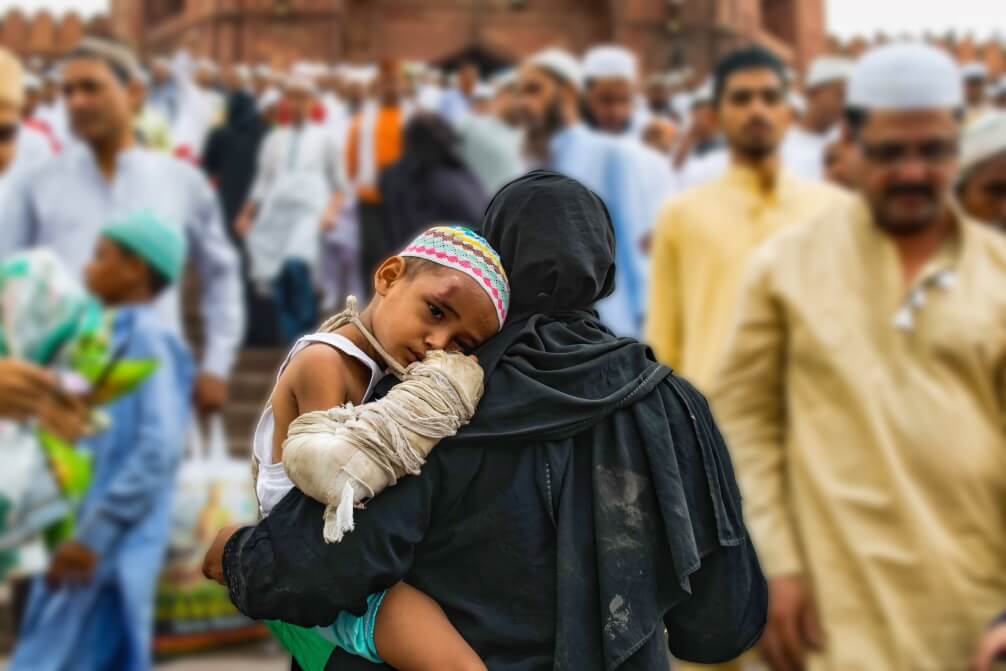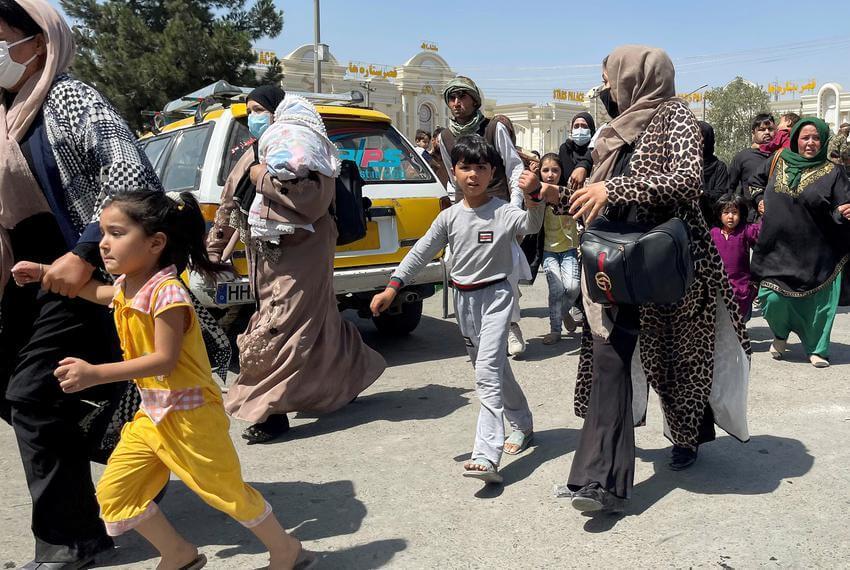JEREMIAH CHAPTER 30: The hope for the weak and troubled.
While the whole book of Jeremiah is almost about condemnation and passing judgment against a disrespectful nation though with few verses of hope here and there between chapters, chapters 30-33 are referred to as ‘book of consolation’. In today’s chapter, we open up with God’s instructions to Jeremiah to write down what He was going to say (Not on a paper that can be misplaced or taken for granted, not as a letter as in the preceding chapter that was addressed to a certain group of people but in a book). The Lord went on and said that days were coming when both Israel and Judah would be enabled to return to the Promised Land. And this was the land of promise (1-3).
It is wise to note that the emphasis on writing this prophecy was probably because it was a prophecy of hope (God’s amplification of His promise in the preceding chapter, verse 11). Also, it wise to notice here that Israel is talked of to refer to the northern kingdom and Judah to stand for the southern kingdom (ie the ten tribes represented by Ephraim and the two tribes represented by Judah respectively). During the reign of King Rehoboam, Solomon’s son, Israel was divided into two with only two tribes of Judah and Benjamin remaining under Rehoboam’s rule and the rest following Jeroboam (1 Kings 12:1-25). According to Wiersbe Bible Commentary, the people of northern kingdom were captured by Assyrians in 722, and the people of southern Kingdom were to be captured by Babylonians which had already started happening got to completion with the complete destruction of Jerusalem and the temple in 587 BC.
God’s message was that there was a time when all these Israelites will come together again in their promised land. Though people were living in terror and fear of what was soon coming to their city. While a day of great siege of Jerusalem was knocking, a time when both men and women will show pain and their face turn pale due to stress and escape of blood yet this great trouble would be short-lived just as a woman’s labor and Israel would be saved (5-7). Yeah, we struggle and hustle in this life but soon we will find resting.
Their pain had been due to their sins and stubbornness and God was ready to bring just punishment, which both kingdoms suffered as explained above. Nations had taken Israel’s sin and punishment for a chance and mistreated the people of God. After all, their father, their God was also against them. Oooh! And while God is accountable to no one, here He is explaining why He was all that hard on His own people (not because He hated them, but because He loved them and thus justly and fairly punished them Hebrews 12:6). However, time would come when He would break that yoke (of being captives in Babylon and other nations) and He would bring them together under one David’s king. Since, this chapter was far later after David’s rule in Israel, it is clear that the king talked of here is Jesus Christ, the Messiah (8-22).
While this chapter entirely has much for what was happening in Israel, the message applies well to our future times. Verse 7 is interpreted by many authors as referring to the great troubles of the whole world and nations before the complete salvation of the world (Matthew 24:21). And this fits well in the times of the siege of Jerusalem too. Verse 9 talks of a king who would be accepted by his people as their king and who will dare to stand before God (verse 21). According to Luke 19:14, people refused to accept Jesus’ rule. However, during those last days as prophesied by Zechariah (Zech 12:8, 14:21), people will accept Jesus as their Messiah. For these events to refer to the final days of the whole church and not Israel as a nation is supported by the evidence that the total repentance and submission to the messiah after a great war (Jacob’s troubled times) has never come to pass in history. Thus in reference to verse 8 of breaking the yoke, John Gill cites Targum as saying, “not the yoke of the king of Babylon, but of antichrist, and of all the antichristian states, by whom the people of God have been oppressed”.
In the book, Minor Prophets, Boice interprets Zechariah and writes, “But if these chapters refer to Jews specifically and not to the church as the New Testament Israel, then the events to which they refer must be future. For it is certain that there has not yet been a national repentance by Israel nor an enjoyment by them of the blessings here enumerated. And if this is the case, then the battle referred to in Zechariah 12:1-9 must be the last great battle, Armageddon, and the repentance of verses 10-14 a time of national salvation prior to the second coming of the Lord”. Compare this with Jeremiah 30:7-10.
However, is recorded in history that God broke the yoke of Babylonian leadership over Judah and Israel returned home when Cyrus was the King of Babylon. Also, so many countries including Babylon and Assyria that were hazardous to Israel later became victims to other stronger nations as revealed by history. Thus whatever the case, I am sure some things came true in Israel as a nation, the same things of hope happen to us daily in our lives, and others will come true to us all as the church in end times.
The chapter ends with an insertion that God’s punishment of justice must come to pass (23-24). This is no different from His word that says, “My word won’t return without doing what I sent it for”. This is the basis for Jeremiah’s conviction in the previous chapters that it was best for people to surrender to the leadership of Nebuchadnezzar rather than trying to fight. Fighting would cause more harm than good since God’s punishment was inevitable.
Our today’s focus are verses 18-20, “Thus saith the LORD; Behold, I will bring again the captivity of Jacob’s tents, and have mercy on his dwelling places; and the city shall be built upon her own heap, and the palace shall remain after the manner thereof. And out of them shall proceed thanksgiving and the voice of them that make merry: and I will multiply them, and they shall not be few; I will also glorify them, and they shall not be small. Their children also shall be as aforetime, and their congregation shall be established before me, and I will punish all that oppress them.
I have no better words to stress what is in the verses: The hope of the ruined, the hope of the weak, the hope of the destroyed, and the hope of us all. The word that amazes me is that the city will be rebuilt on the hills of its ruins. Yeah, where the whole world reads your failure and weakness, there the Lord will plant your success. Where all your friends quote you as unworthy of anything good, there the Lord will replenish your wealth. I was listening and watching Joel Osteen’s lesson, nothing is wastage, and he states that whatever challenges and troubles we are facing; they are just our manure or fertilizer meant for our growth but not destruction. If we keep this in mind and meet everything with this attitude and faith, God will use everything for our own good (Romans 8:28).
God bless you.
The Complete You Project.



